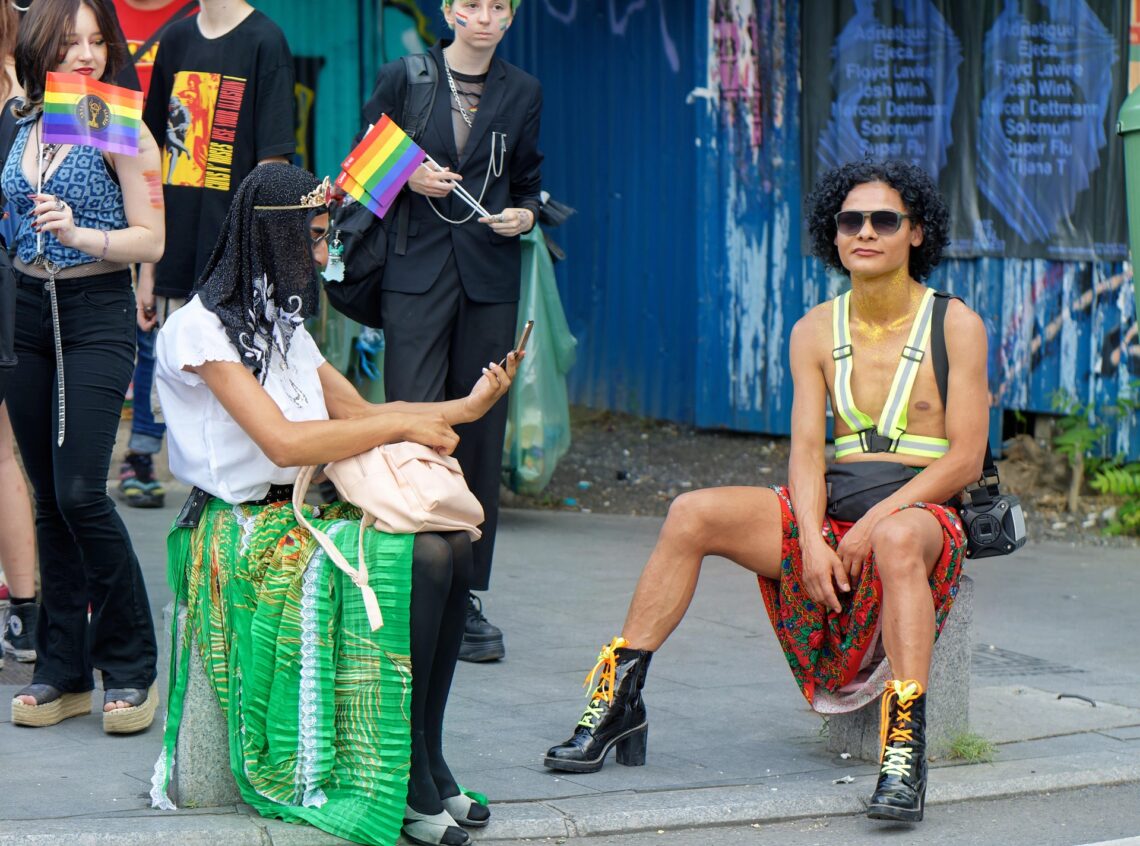UK Supreme Court rules that the definition of women in the Equality Act 2010 excludes trans women with gender affirming certificates.
Five judges in the UK Supreme Court made the decision unanimously. This is a significant defeat for the Scottish government, and the judgement means that transgender women will no longer be able to sit on public boards or in other places reserved for women, writes The Guardian.
In practice, the Supreme Court has made a final decision that trans women (men who pretend to be women) are not legally women. The word «woman» means «biological woman», according to the Supreme Court.
This breaks with the slogans of trans activists, who consider only trans women to be real women, while real women are reduced to «cis women».
Lord Hodge, who delivered the judgement, said it was the court’s unanimous view that the terms «woman» and «gender» in the Equality Act 2010 referred to biological sex, not acquired sex, writes The Telegraph.
LGBTQ activists hailed Wednesday’s ruling as a victory for common sense, claiming that «the self-identification of gender is dead».
The Supreme Court decision came after a year-long legal battle between campaign group For Women Scotland and the Scottish Government over the definition of a woman.
Lord Hodge told the court:
«The unanimous decision of the court is that the definition of the terms woman and sex in the Equality Act 2010 refers to a biological woman and a biological sex.
But we caution against reading this judgement as a triumph for one or more groups in our society at the expense of another. It is not.»
In the 88-page judgement, the court added that «the concept of gender is binary» under the Equality Act 2010.
The group FWS has previously stated that failing to link the definition of gender to what it believes is «the ordinary meaning» could have far-reaching consequences for gender-based rights, as well as for «everyday single-sex services» such as toilets and hospital wards, writes NTB-Reuters-DPA.


